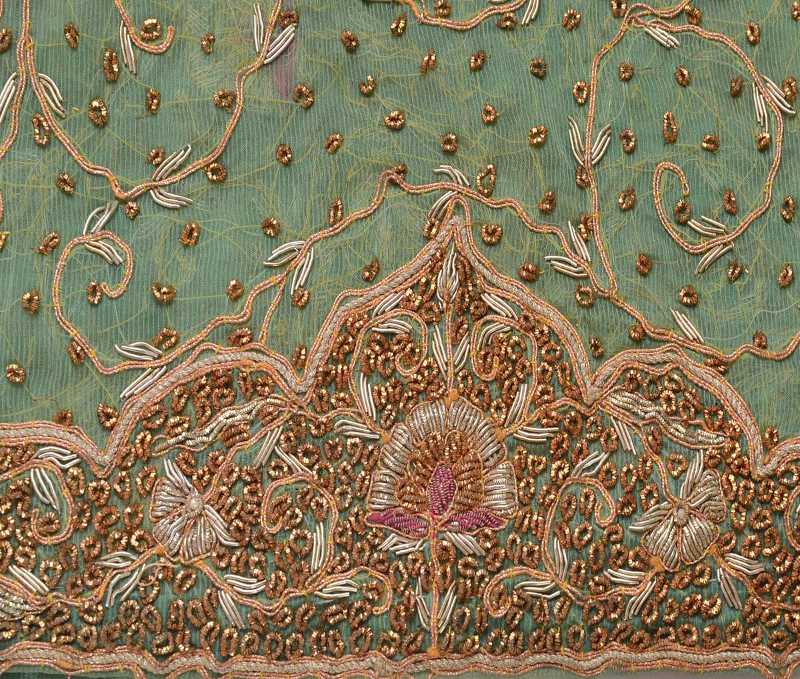===
0320,
1
===

=== |
 |
FWP:
SETS
MOTIFS == EYES
NAMES
TERMS == GHAZAL 'ON' A GHAZAL; GROUNDThe final verse of Yaqin's is the one that really lodges in my memory, despite the (archaic) metrical liberties that SRF criticizes. The second line reminds me of what happens in the dastan world when a tilism, an enchanted mini-world, has its spell broken and collapses into nothingness: a huge, almost cosmic clamor is set up in the magical universe, and generally the magician who made the tilism dies at the same moment. Yaqin might consciously have intended such an allusion, but even if he didn't, it certainly can't be ruled out. For we have to wonder who is clamoring, and why. Was it only the speaker's passion that had been keeping those little gardens alive? And which 'little gardens' are they? That line not only has 'mood', but is full of 'meaning-creation' as well.